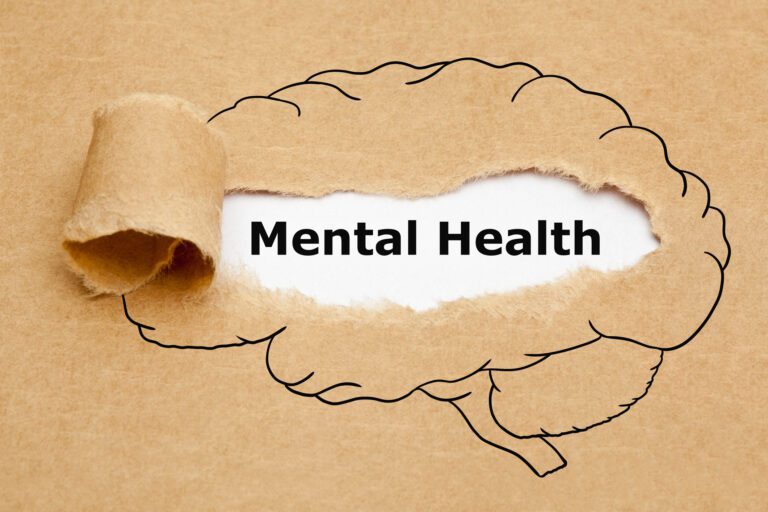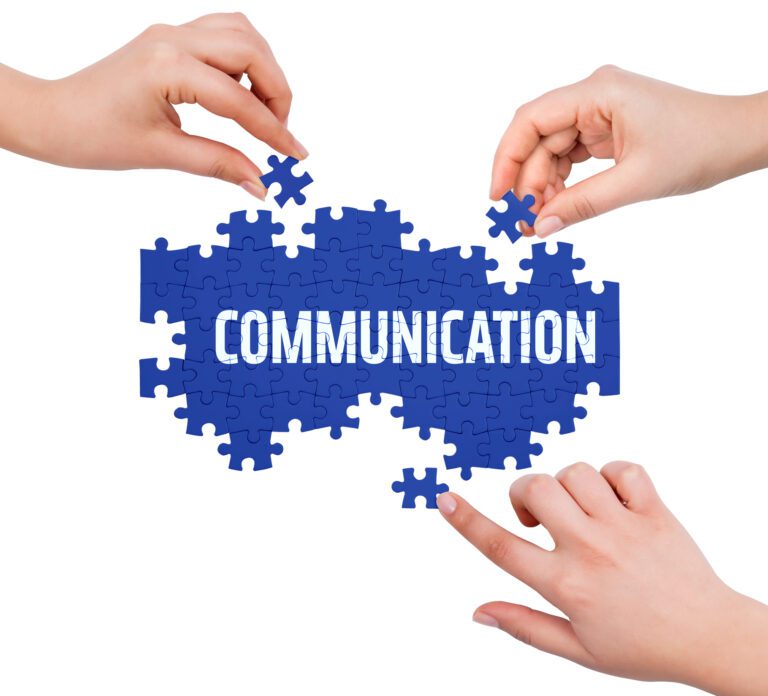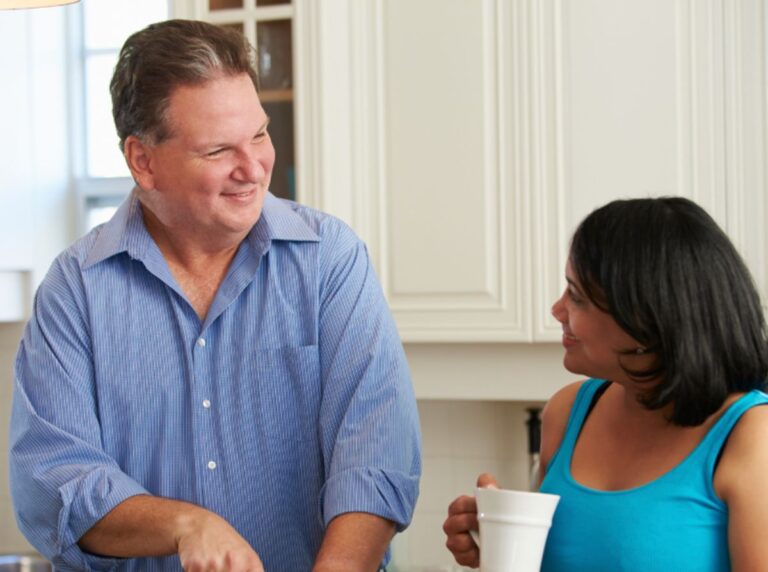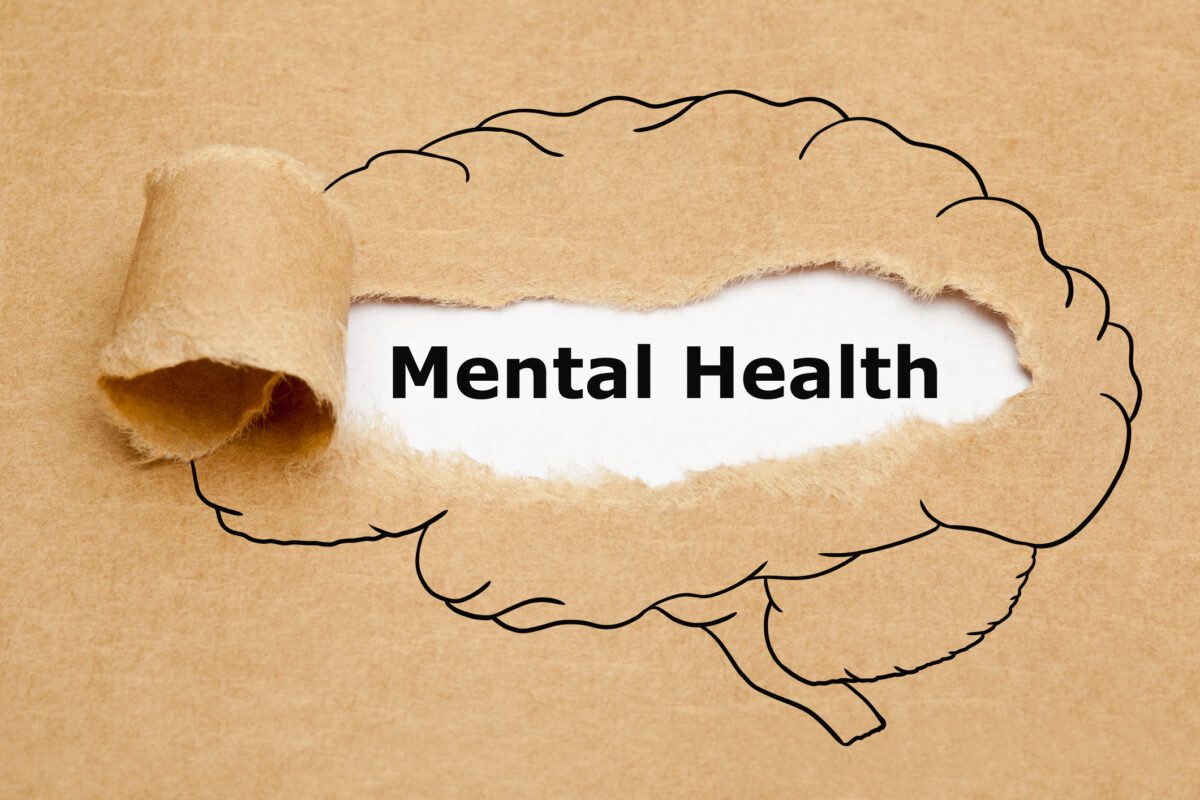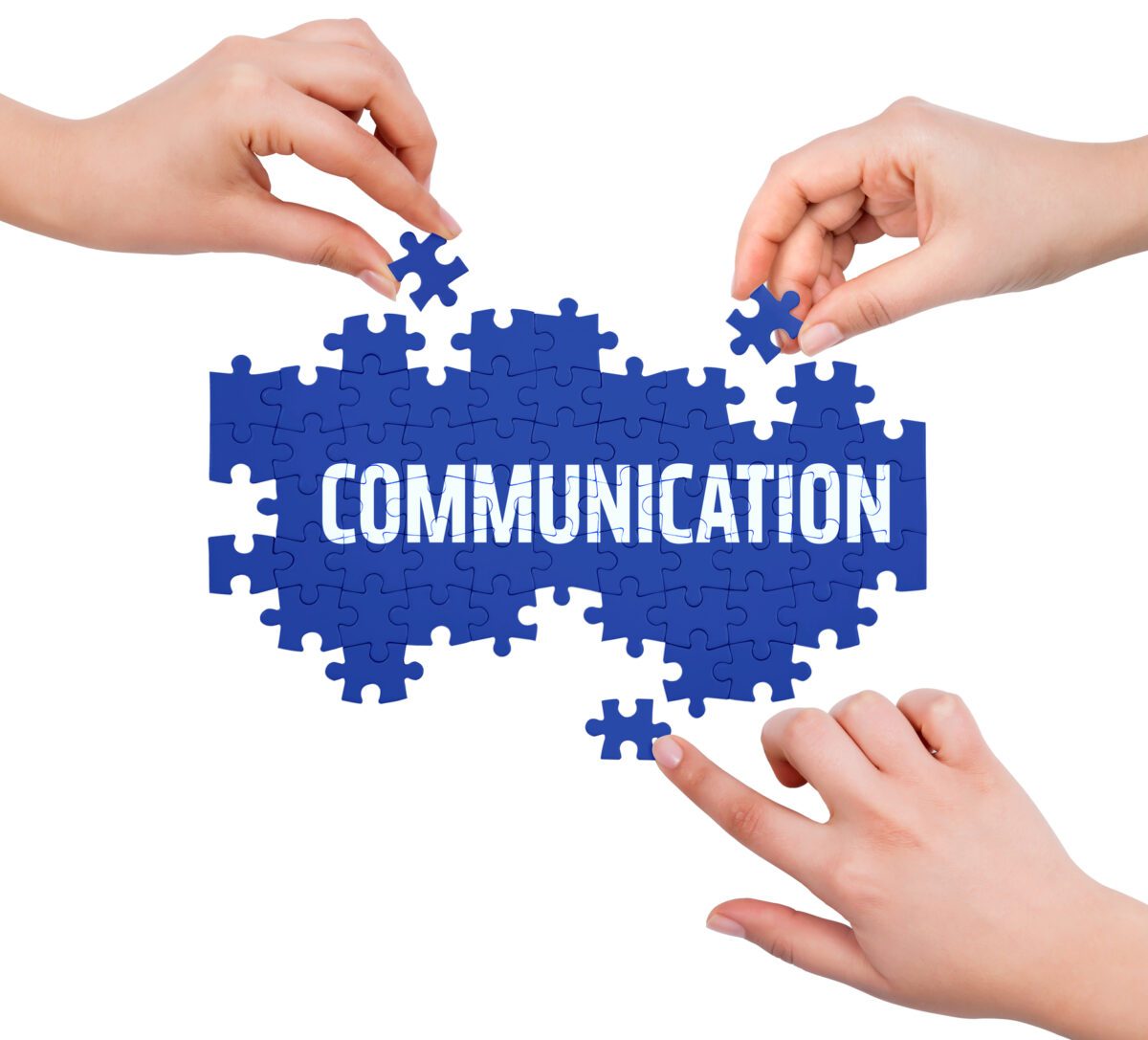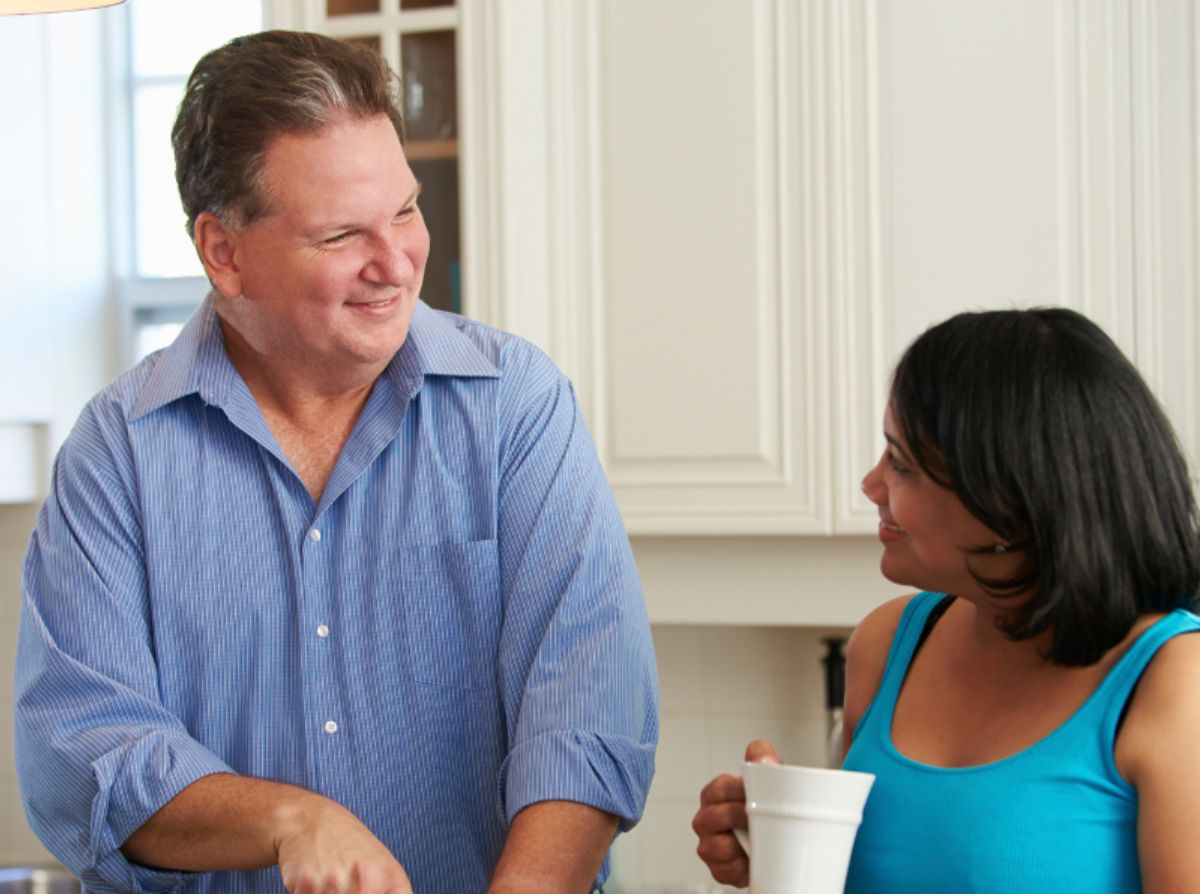Impulsive behavior can look different in every adult diagnosed with ADHD. Impulsive behavior is an unpredictable action that does not take into account the consequences of a specific action.
Typically, increased impulsivity is caused by an under-stimulated prefrontal cortex, which is the area of the brain that controls “executive functioning,” or the skills of attention, memory, concentration, and organization. Overall, the term “executive functioning” encompasses the self management system of the brain.
The hyperactivity, or impulsivity, functions to arouse the prefrontal cortex of the brain, in order for the person with ADHD to give sustained attention where it is needed.
Impulsive decisions and behaviors may go against your plans, habits, and values. Some impulsive behaviors may include: constantly interrupting others, saying things you may regret later, impulsive buying, reckless driving, and consistently making spur of the moment decisions without forethought.
Listed below are some helpful strategies to help manage impulsivity:
Become self aware:
Investigate where and where you act impulsively. List recent behaviors that other people consider impulsive for you. Identify negative and positive consequences of recent impulsive actions. It is important to know where and when you are the most impulsive. Become self aware of the impulse control challenges.
Pause-
There may be an impulsive urge to respond impulsively to your manager’s email. But, it is important to pause. Wait. Give it 24 hours before taking action. Bring a notebook to meetings. Instead of blurting out comments, write them down as soon as they come to you. Read them over and mention them at an appropriate time.
Create barriers to act:
Go back to your initial list of impulsive behaviors and write down all the possible impulse control solutions. For example, if you struggle with overspending at the department store, leave your credit card at home. Bring cash instead and write down your list of what you need. The challenging part is buying just the listed items and not grabbing non-essentials from the shelf.
Practice mindfulness:
Mindfulness is a helpful tool to manage impulsivity. Although it is successful at helping decrease impulsive thoughts and actions, it does require practice and time. Mindfulness tends to be characterized by slowness and an increased awareness of what is occurring in the moment. Slowing down and centering on a specific thought, object, or task is helpful to avoid letting the brain drift into ten different directions. During mindfulness, it is important to reflect and be in the present moment.
Relaxation and calming techniques:
Listen to calming music during work time and when completing tasks. Implement deep breathing throughout the day, and exercise daily in the morning to help the production of dopamine to help with attention and executive functioning. Join a yoga class, learn muscle relaxation, or sign up for acupuncture to help calm down your nervous system.




